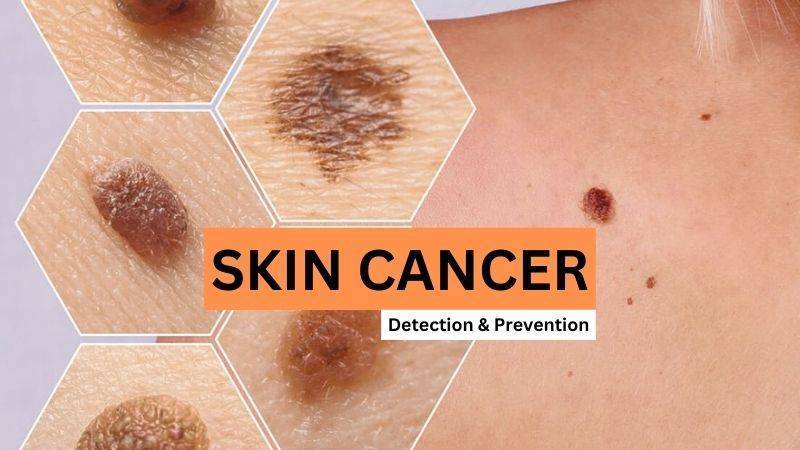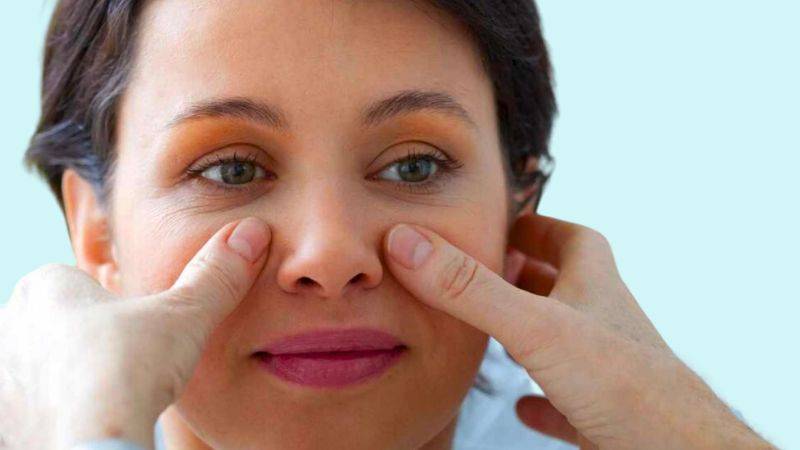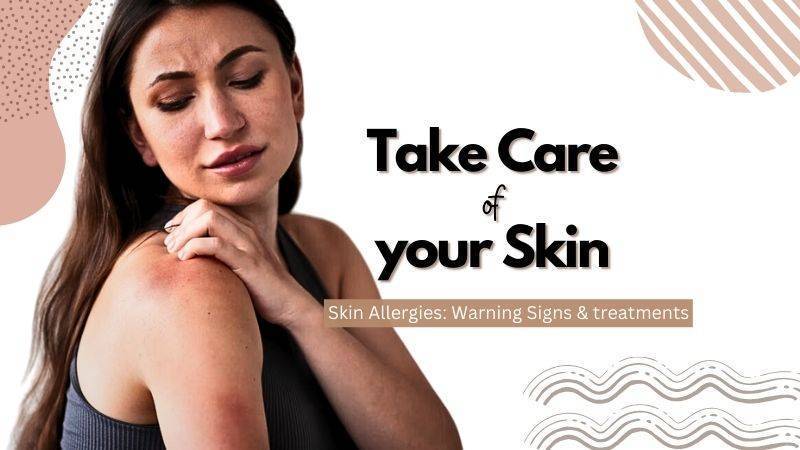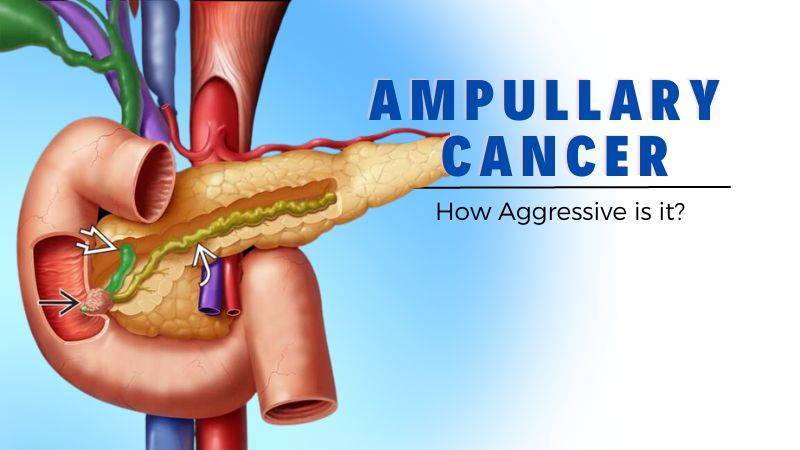“Protect Your Skin: Know the Signs of Commonly Found Skin Cancers”
Skin cancer is one of the most common types of cancer in the world. Let’s have a look in more detail at different types of skin cancer.
A Guide to Commonly Found Cancers and Their Symptoms
Are you curious to know about the different types of skin cancer? 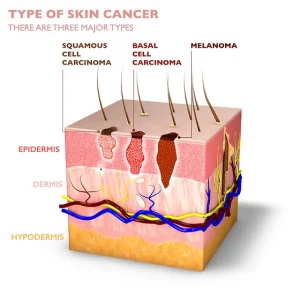 These types of skin cancer are usually found on areas of the skin that are exposed to the sun, such as the face, neck, and hands.
These types of skin cancer are usually found on areas of the skin that are exposed to the sun, such as the face, neck, and hands.
- Basal Cell Carcinoma (BCC) is the most common type of skin cancer. Typically appears as a small, flesh-colored, or pink bump that may be raised or flat. It may also have a waxy or scaly texture.
- Squamous Cell Carcinoma (SCC) is the second most common type of skin cancer. Typically appears as a firm, red bump that may be raised or flat. It may also have a scaly texture.
- Melanoma is the most dangerous type of skin cancer. Typically appears as a dark, irregularly shaped mole that may be raised or flat. It may also have a variety of colors, including black, brown, blue, red, or white.
- Merkel Cell Carcinoma (MCC) is a rare type of skin cancer. Typically appear as a firm, red or pink bump that may be raised or flat. It may also have a shiny or waxy texture.
- Kaposi Sarcoma (KS) is a rare type of skin cancer that is usually found in people with weakened immune systems. It typically appears as a purple or red patch on the skin that may be raised or flat. It may also have a velvety texture.
Be aware of the signs and symptoms of skin cancer. If you have any questions or concerns about skin cancer, please contact your doctor.
What is Basal Cell Carcinoma and how it is common?
Basal Cell Carcinoma (BCC) is a type of skin cancer that is the most common form of all cancers. It is caused by long-term exposure to ultraviolet (UV) radiation from the sun or tanning beds and appears as a small, fleshy bump or nodule on the skin that may be pink, red, or white. It can also appear as a flat, scaly patch.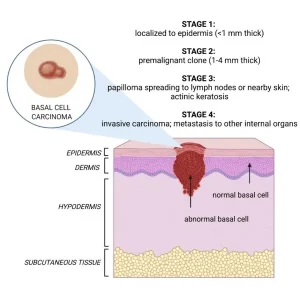 BCC is most common in people with fair skin, light hair, and blue eyes, but it can occur in people of all skin tones. It is also more common in people who have had a lot of sun exposure, such as those who work outdoors or spend a lot of time in the sun.
BCC is most common in people with fair skin, light hair, and blue eyes, but it can occur in people of all skin tones. It is also more common in people who have had a lot of sun exposure, such as those who work outdoors or spend a lot of time in the sun.
Causes & Prevention: Basal Cell Carcinoma and
The best way to prevent BCC is to protect your skin from UV radiation. This includes avoiding direct sun exposure, wearing protective clothing, and using sunscreen with an SPF of 30 or higher.
Regular skin checks can help to detect any changes in your skin early on, which can help to reduce the risk of developing BCC.
If you have a family history of skin cancer, it is important to talk to your doctor about your risk and what steps you can take to reduce it.
Diagnosis and treatment: Basal Cell Carcinoma
BCC is usually diagnosed through a physical examination and Biopsy.
Let’s watch a video on How Biopsy is done to treat BCC
A biopsy helps the doctor determine if the spot is cancerous or not. If the biopsy confirms that the spot is BCC, the doctor will discuss treatment options with the patient.
Treatment for BCC usually involves surgery to remove the cancerous cells. Depending on the size and location of the cancer, the doctor may recommend one of several types of surgery, such as Mohs surgery, curettage, electrodesiccation, or excision.
In some cases, radiation therapy may be used to treat BCC. This therapy is usually used when the cancer is too large or too deep to be removed with surgery.
In addition to surgery and radiation therapy, some patients may be prescribed topical medications to treat BCC. These medications can help reduce the size of cancer and slow its growth.
BCC is a very treatable form of skin cancer, and most people who are diagnosed with it can expect to make a full recovery.
Reduce your risk of developing Basal Cell Carcinoma
- First, limit your exposure to UV radiation. Whenever possible, stay in the shade, especially during the peak hours of 10 am to 4 pm.
- Wear protective clothing, such as a wide-brimmed hat and sunglasses, and use broad-spectrum sunscreen with an SPF of 30 or higher.
- Reapply sunscreen every two hours, or more often if you are swimming or sweating.
- Avoid tanning beds. Tanning beds emit UV radiation that can increase your risk of developing BCC.
- Check your skin regularly for any changes. Look for any new spots or moles, or any existing spots or moles that have changed in size, shape, or color. If you notice any changes, contact your doctor right away.
By following these steps, you can reduce your risk of developing BCC and help keep your skin healthy.
Different types of Surgery used to treat Basal Cell Carcinoma
The type of surgery used to treat BCC depends on the size, location, and depth of the tumor.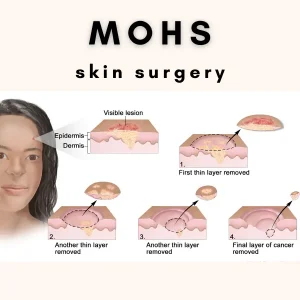 The most common type of surgery used to treat BCC is Mohs Micrographic surgery. This procedure involves removing the tumor layer by layer and examining each layer under a microscope until all of the cancerous cells have been removed. This method is very effective and has a high cure rate.
The most common type of surgery used to treat BCC is Mohs Micrographic surgery. This procedure involves removing the tumor layer by layer and examining each layer under a microscope until all of the cancerous cells have been removed. This method is very effective and has a high cure rate.
Other types of surgery used to treat BCC include
Excisional surgery– Excisional surgery involves cutting out the tumor and some of the surrounding healthy tissue.
Curettage and Electrodesiccation- Curettage and electrodesiccation involve scraping away the tumor and then using an electric current to destroy any remaining cancer cells.
Cryosurgery– Cryosurgery involves freezing the tumor with liquid nitrogen.
Radiation therapy– Radiation therapy involves using high-energy X-rays to kill cancer cells.
Follow up with your doctor to ensure that the cancer has been completely removed.
A message from Basal Cell Carcinoma’s Survivor’s Diary
Dear fellow Basal Cell Carcinoma survivors,
We are all in this together! We understand the struggles and fears that come with a diagnosis of Basal Cell Carcinoma. We want to encourage you to stay strong and never give up hope.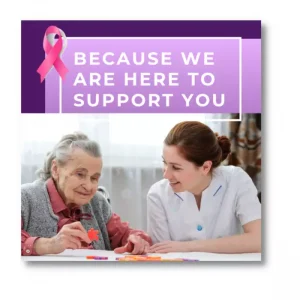 We know that it can be difficult to stay positive and to keep up with treatments, but we want to remind you that you are not alone. There are many resources available to help you through this journey.
We know that it can be difficult to stay positive and to keep up with treatments, but we want to remind you that you are not alone. There are many resources available to help you through this journey.
From support groups to online forums, there are plenty of ways to connect with others who have gone through similar experiences. We are here for you and we are rooting for you!
Sincerely,
Basal Cell Carcinoma Survivor

